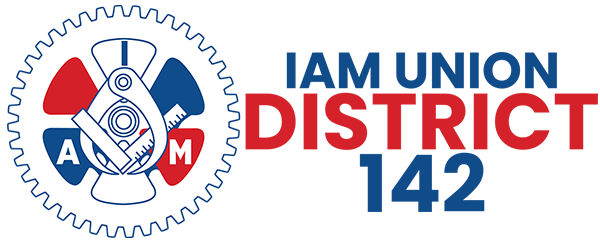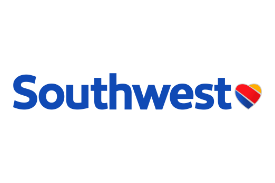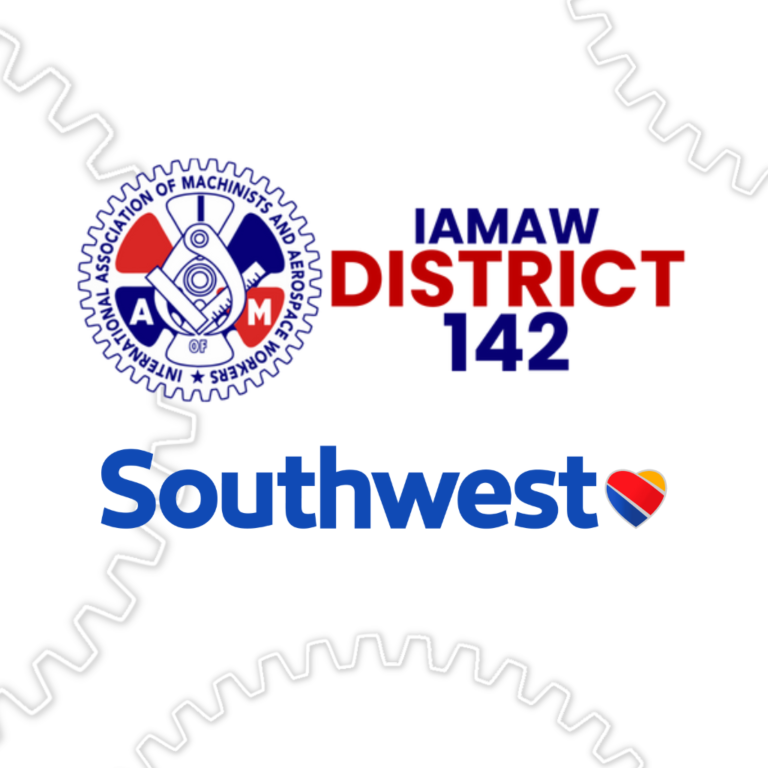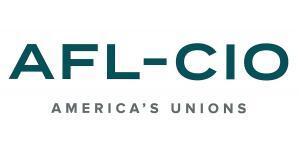RESOURCES
Airline Employee Websites
Resources for Members

Machinists Disaster Relief Fund
*Special Alert* Members are asking how they can help with the tragedy of the fires in Hawaii. The Machinists Disaster Relief Fund is here for our members. Click here or the image for more information.
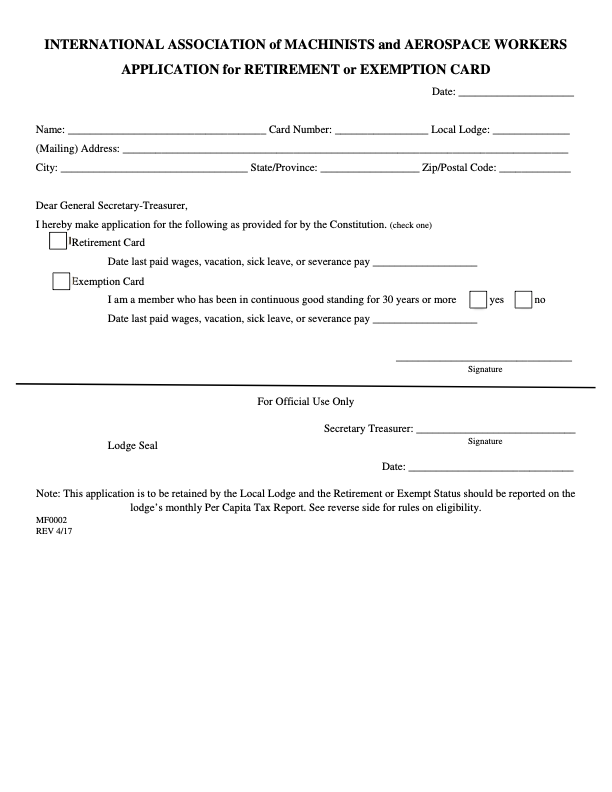
IAM Retirement Application
IAM Application for Retirement or Exemption Card - Fillable PDF
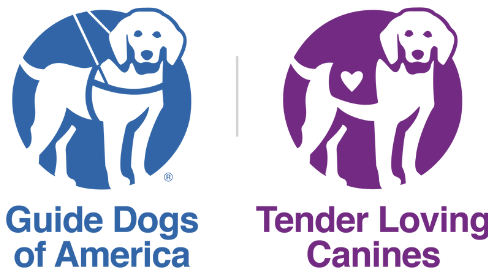
Guide Dogs of America
Transforming lives through partnerships with service dogs.
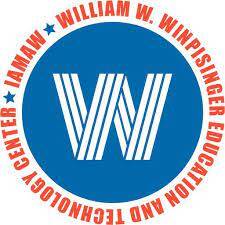
Winpisinger Center
The William W. Winpisinger Education and Technology Center

Union Plus
Your union affiliation gives you discounts on things you do every day.
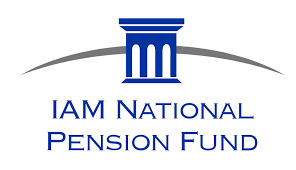
IAM Pension
Providing members a defined-benefit pension plan for retirement.
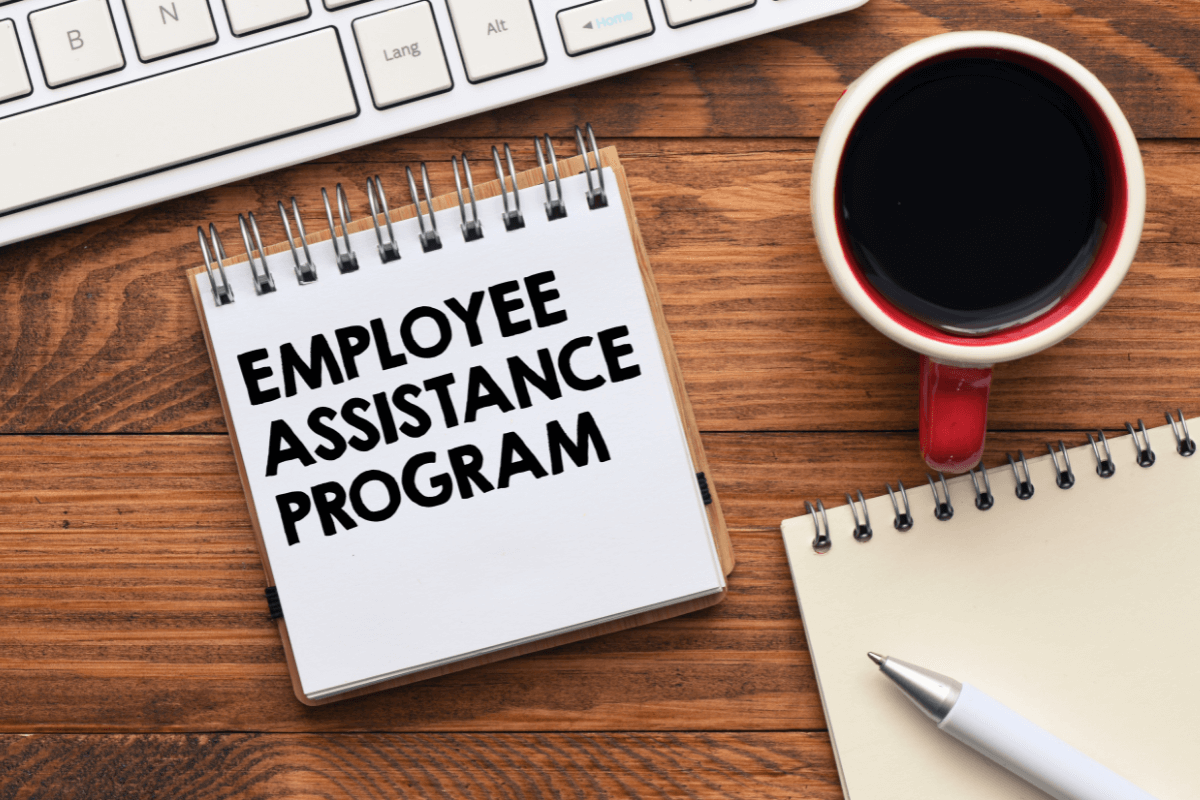
E.A.P.
EAP provides help for members experiencing difficulties
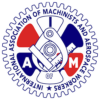
C.R.E.S.T.
Corporation for Re-Employment and Safety Training
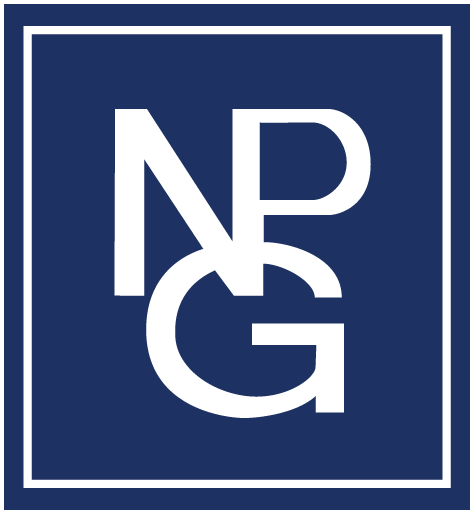
National Group Protection
Supplemental Insurance for Union Members
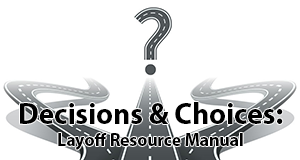
Dislocated Worker Manual
Assistance if you have lost your job or are anticipating unemployment
Stay Up to Date
Have you moved recently? Retired? New email address or phone number? Update your information here.
Receive updates on your contract and general news that is important and relevant from District 142.
Resources for Shop Stewards
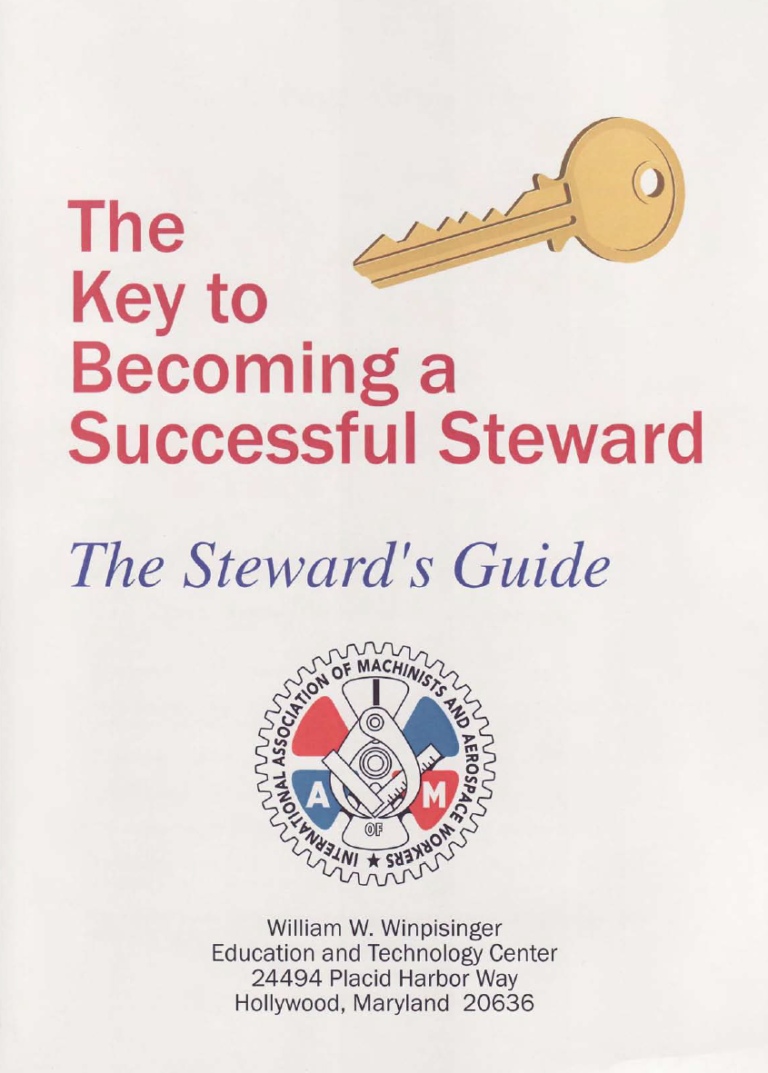
The Key to Becoming a Successful Steward
The Steward's Guide
Prepared by:
William W. Winpinsinger
Education and Technology Center
24494 Placid Harbor Way
Hollywood, MD 20636
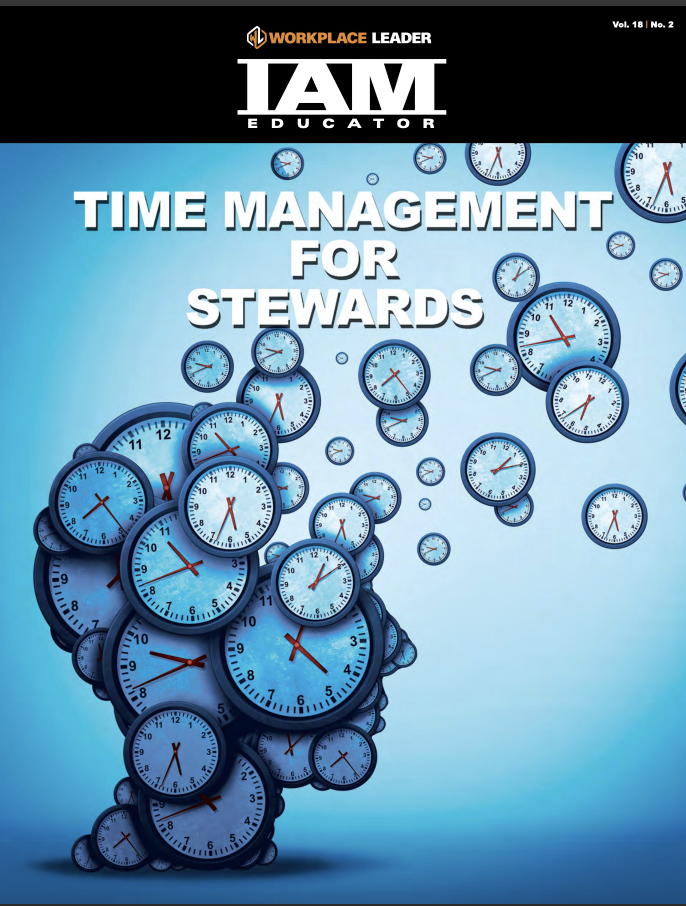
IAM Educator
The William W. Winpisinger Education and Technology Center is pleased to announce the reboot of IAM Educator, an indispensable resource for union stewards.
Click the link below to read the latest issue and be sure to follow the Winpisinger Center so you never miss an issue.
https://issuu.com/w3center
Fifteen Things Every Steward Should Remember
- You don’t have to be an expert. Stewards are always being asked questions. Don’t act like you know what you’re talking about when you don’t — your friends and your co-workers will see through it right away. Say you’ll find out, and get back to them.
- Figure out where to turn for answers. Your union officers and staff should be knowledgeable in contract interpretation and many areas of labor law. Other union activists can be important people to rely on. And depending on where you work, on the job there are undoubtedly a few people who work in different offices or departments who know more than anyone what goes on behind management’s closed doors.
- Knowing how to delegate tasks is your most important skill. Recruiting volunteers is an easily learned skill. Some people do it naturally, others benefit from specific training in recruiting or team-building.
- If you try to do it all yourself, it won’t work. You won’t be able to do anything as well as you could, you’ll get frustrated, and then you’ll burn out. The more people you get involved, the more you can accomplish.
- Your job is to empower people. Give a man a fish, he’ll eat for a day. Teach a man to fish, he’ll eat for a lifetime. If all you do is solve other people’s problems for them, what are they going to do when you’re not there? Help people learn how to solve their own problems.
- Ask a lot of questions. Socrates didn’t become famous for nothing. The best ideas come from picking a lot of people’s brains and getting them to think about old problems in new ways.
- Learn how to listen. With grievances and personnel problems, sometimes just being willing to listen is the most important thing you can do. When you’re organizing you need to know how other people feel and how they view the situation before you can influence them. Ask and listen.
- Don’t let management treat you like pond scum. When you’re representing your co-workers as their union steward you are co-equal with the supervisor you’re dealing with. You’re both intelligent adults. On the job, your supervisor may have authority over you. But on union business, you’re his or her equal.
- Never assume that management knows better than you. Most supervisors have little understanding of contract rights or labor law. They have experience in program or production and in supervision. Anything you learn about employees’ rights on the job makes you more of an expert in that area than they are.
- Pick your fights. Defending your fellow employees is an important part of a union steward’s job, but if that’s all you do you’re always on the defensive. If you identify issues and take the initiative to demand changes, you’ll make important progress. Don’t let management control the agenda. Be pro-active and pick the issues that you think you can make some headway on.
- Always get back to people. If you want your co-workers to have trust in you, you’ve got to be responsible and reliable. Don’t promise things you can’t deliver on, and be sure to follow through on what you do commit to.
- Be organized in your own life. Pick a system and keep to it. How are you going to keep track of appointments and meetings? Where are you going to keep notes and reminders to yourself? Throw out papers you don’t need, and have a good system for finding the stuff you keep.
- Be a responsible employee on the job. Not only is this important if you want your co-workers to have respect for you and your opinion, but it keeps you from getting into unnecessary trouble with management.
- Maintain a sense of humor. On the one hand, ridicule can be a powerful weapon against an irrational supervisor. On the other, don’t take yourself too seriously. If you get self-righteous you won’t learn from your mistakes and you’ll turn people off.
- Keep your eyes on the prize. There will be setbacks. There will be losses. Sometimes people will get angry at you, and sometimes you’ll start to wonder if it’s all worth it. But as long as you remember that collective action is the only real way to change things for the better, you’ll know that in the long run, helping to build the union is the best thing you can be doing — for yourself and your family.
— Tom Israel. The writer is executive director of the Montgomery County (MD) Education Association and former president of SEIU Local 205 in Nashville, TN. A version of this article appeared in Steward Update Vol. 4 No. 3 and IAM Educator Vol. 3 No. 5
